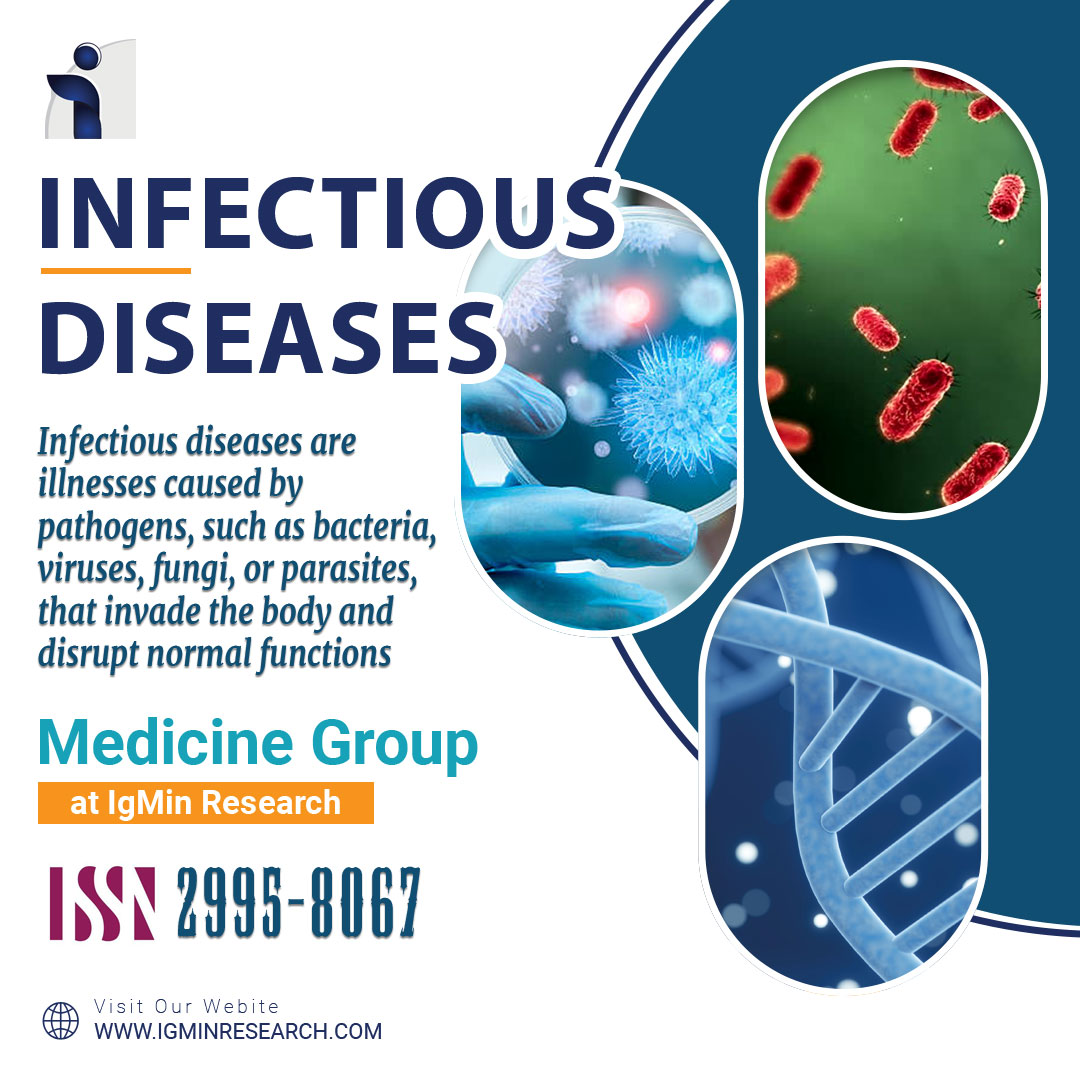Open Access Policy refers to a set of principles and guidelines aimed at providing unrestricted access to scholarly research and literature. It promotes the free availability and unrestricted use of research outputs, enabling researchers, students, and the general public to access, read, download, and distribute scholarly articles without financial or legal barriers. In this response, I will provide you with an overview of the history and latest resolutions related to Open Access Policy.
About
Infectious Diseases are caused by pathogenic microorganisms, including bacteria, viruses, fungi, and parasites, which can spread directly or indirectly from one individual to another. This critical field in medicine focuses on the prevention, diagnosis, treatment, and management of diseases such as influenza, tuberculosis, HIV/AIDS, and emerging global threats like COVID-19. Infectious disease specialists play a pivotal role in controlling outbreaks, understanding antimicrobial resistance, and developing vaccines and novel therapeutics.
Ongoing advancements in diagnostics, immunology, and microbiology continue to enhance the ability to combat infectious diseases. This dynamic field fosters interdisciplinary collaboration across public health, epidemiology, and clinical medicine to address complex challenges. Innovations in vaccine development, pathogen genomics, and global health strategies remain vital for improving outcomes and safeguarding communities worldwide.
Editors
Medicine Group (2)
Open Access Policy refers to a set of principles and guidelines aimed at providing unrestricted access to scholarly research and literature. It promotes the free availability and unrestricted use of research outputs, enabling researchers, students, and the general public to access, read, download, and distribute scholarly articles without financial or legal barriers. In this response, I will provide you with an overview of the history and latest resolutions related to Open Access Policy.

PUBLISH YOUR RESEARCH
We publish a wide range of article types in biology, medicine and engineering with no editorial biases.
SubmitSee Manuscript Guidelines and APC
Explore the IgMin Subjects
Which articles are now trending?
Research Articles
- The Role of Supplementation in Enhancing Recovery and Endurance among Fitness Trainers
- On how Doping with Atoms of Gadolinium and Scandium affects the Surface Structure of Silicon
- Enhancing Material Property Predictions through Optimized KNN Imputation and Deep Neural Network Modeling
- Slip Resistance Evaluation of 10 Indoor Floor Surfaces
- Communication Training at Medical School: A Quantitative Analysis
- Balancing Act: Exploring the Interplay Between Human Judgment and Artificial Intelligence in Problem-solving, Creativity, and Decision-making
Advertisement










